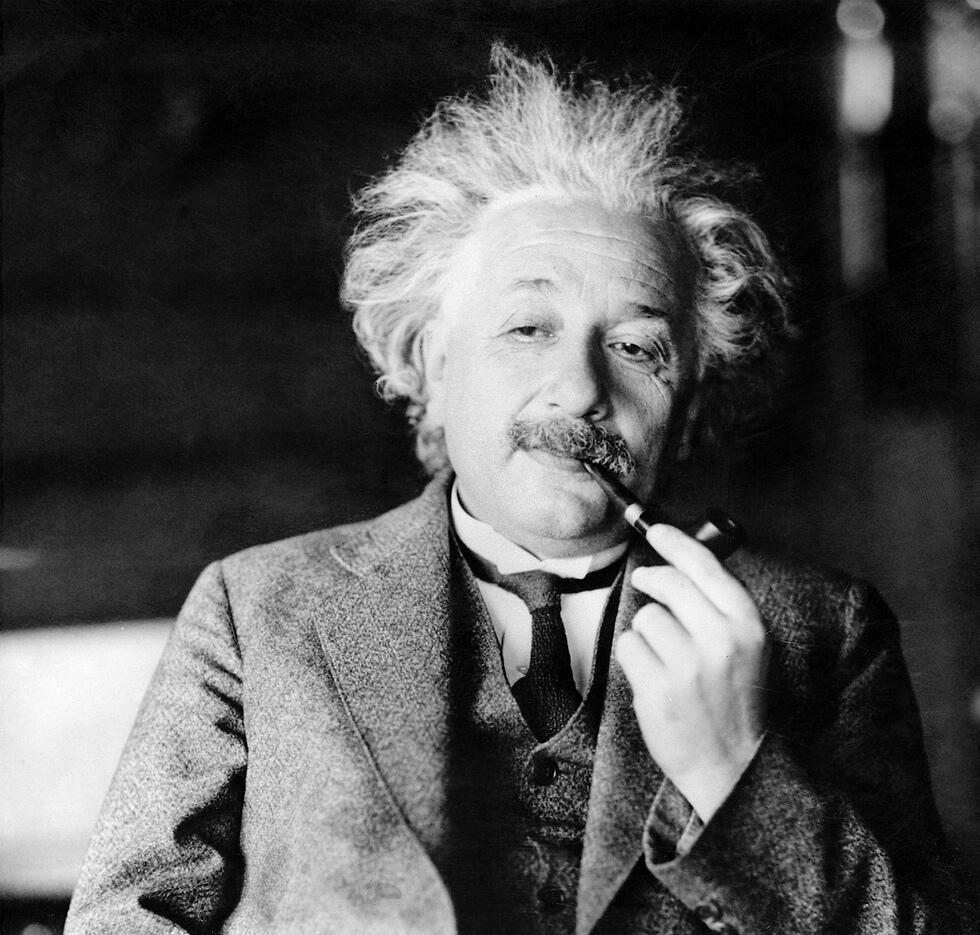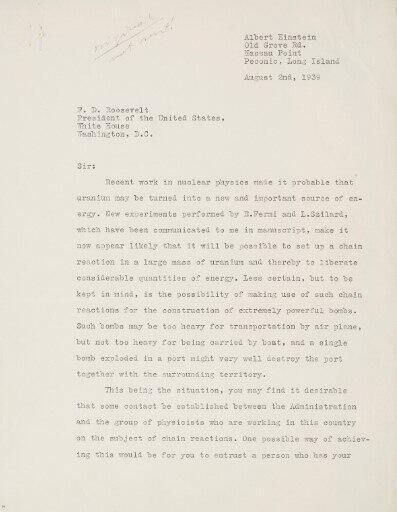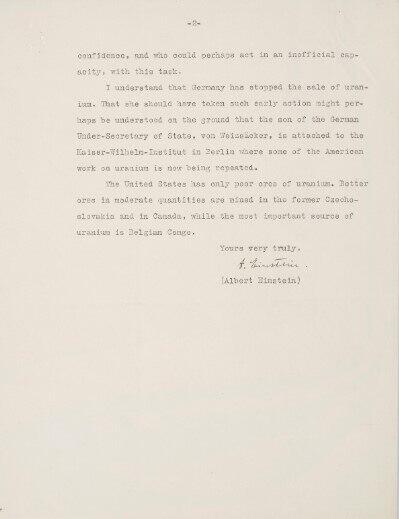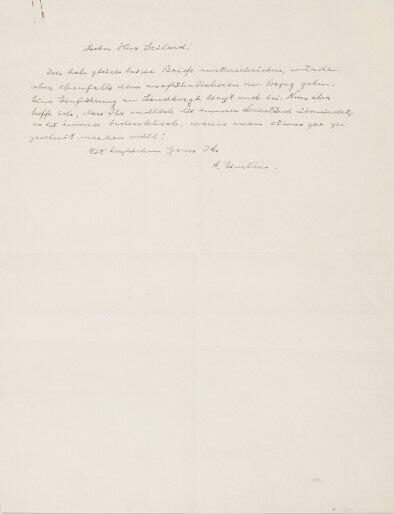Getting your Trinity Audio player ready...
A famous letter Albert Einstein sent to U.S. President Franklin D. Roosevelt on August 2, 1939, warning of Nazi Germany’s attempts to achieve a nuclear chain reaction and build "extremely powerful bombs," sold this week for $3.9 million at Christie’s auction house.
The two-page typed letter, signed by Einstein, included a handwritten note in pencil. The atomic bomb, successfully tested in Alamogordo, New Mexico, on July 16, 1945, and later used with devastating effect in Hiroshima less than a month later, was the culmination of the Manhattan Project—a massive, secret research endeavor involving hundreds of scientists, engineers, and technicians. The bomb's creation marked a decisive shift in human history, dividing it into pre-atomic and atomic eras.
The Manhattan Project was initiated by a committee formed under Roosevelt’s directive in October 1939, a direct response to Einstein’s extraordinary letter. In it, the renowned theoretical physicist and staunch pacifist wrote: "Recent work in nuclear physics suggests that uranium may become a new and important source of energy. Experiments by E. Fermi and L. Szilard, communicated to me in manuscript, make it seem likely that a chain reaction in a large mass of uranium could release vast amounts of energy... chain reactions could lead to the construction of extremely powerful bombs, which may be too heavy for aerial transport, but not for delivery by ship. A single bomb exploded in a port might destroy both the port and surrounding territory."
The letter's impetus came not from Einstein but from Hungarian-born physicist Leo Szilard, a former student of Nobel laureate Albert Einstein. Like Szilard, many European scientists, including Enrico Fermi and Edward Teller, fled to the United States to escape persecution under Hitler’s regime.
Einstein and Szilard’s collaboration, motivated by fears of German war preparations and nuclear research, resulted in two nearly identical letters, both typed on the same machine and signed by Einstein. The letter sold this week is based on content Einstein dictated in German, which Szilard translated into English and had typed by a Columbia University assistant. This letter is considered one of the most influential documents of the 20th century.
Szilard preserved the original version of this historic communication, which was auctioned alongside Einstein’s handwritten note to Szilard. Both letters were sent to President Roosevelt.
Despite the efforts of fleeing scientists, by the time Germany surrendered in May 1945, its nuclear program was far from realization. Einstein later expressed regret over his role in the bomb’s development, calling it "the greatest mistake" of his life in a letter to chemist Linus Pauling.






